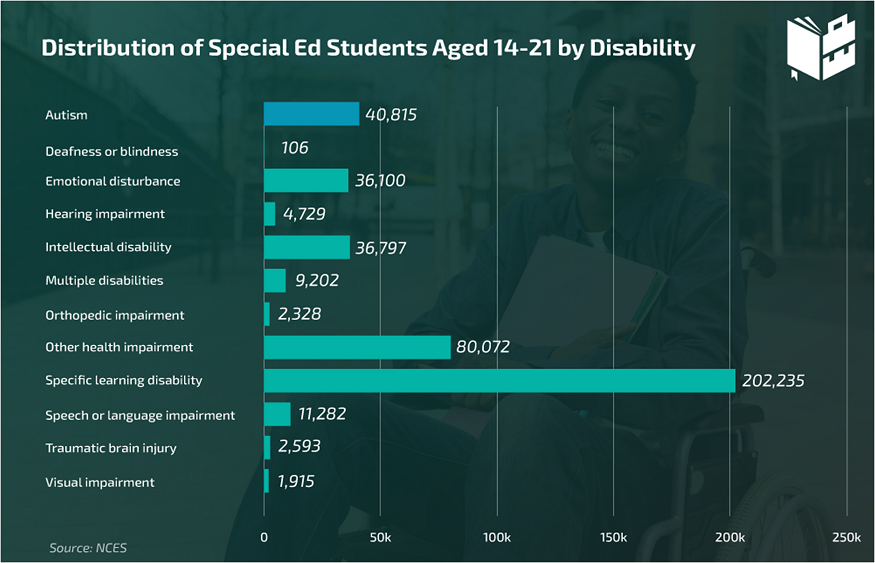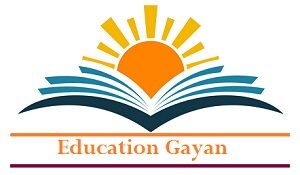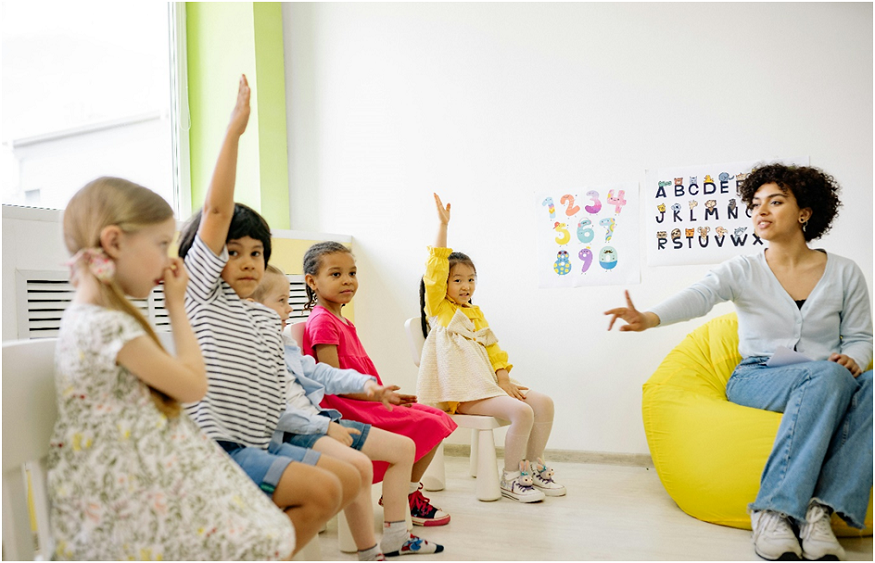Although all children possess the intrinsic capacity to learn, schools must acknowledge that learning is most successful and enjoyable when it happens at a speed and manner that the child finds comfortable. To acknowledge this, every school must have a counseling department that understands that every child is different in some manner and that the conventional one-size-fits-all method must be abandoned.
A team of special educators and counselors who have completed offline or online SEN courses in Thailand is a must-have for every educational institution. If you are wondering where you stand after gaining your qualifications and credentials, keep reading on.
What Is Inclusive Education?
At its core, inclusive education refers to a learning environment in which students who have disabilities and those who do not attend courses together. The phrase ‘inclusion’ alludes to fairness and equality. This means giving every student equal opportunity but also taking into account their worries and difficulties and developing support to help them through them.
The curriculum is designed to give every student, regardless of difficulty, an equal chance to learn, develop, and succeed. Children with special needs can engage with and learn from their peers in a setting where kids learn to embrace and cherish their differences, thanks to the encouragement of participation and teamwork among the students.
Special Educational Needs In Thailand
Since Thailand’s inclusive education laws were just approved in 2008, special needs education is still very new there. Students with learning difficulties can get special education at several foreign schools in Thailand. In Thailand, several nonprofit organizations also manage schools that support SEN kids. Furthermore, the Ministry of Education’s Division of Special Education has recognized more than 170 institutions that offer services to Thai national students with special education needs.

Source: whattobecome.com
The Bureau of Special Education Administration (BESA) is the organization that oversees the education of students with special educational needs in Thailand. The administration recognizes nine types of disabilities as follows:
- Hearing impairment
- Mental impairment
- Visual impairment
- Health-related and physical impairment
- Learning disabilities
- Autism
- Emotional and behavioral disorders
- Speech and language disorders
- Multiple disabilities
Every kid with a disability had to be registered and evaluated to be eligible for special education services. Instead of school staff, family physicians perform the assessment. The child’s needs and strengths must be taken into consideration while creating the Individualized Educational Plan (IEP).
Following the development of an Individualized Education Program (IEP) for each student with a disability, schools are required to set aside funds for special education services and supplies, create teacher preparation programs that offer clear instructions, supply assistive technology, and fortify their policies regarding the integration of students with disabilities into mainstream classrooms.
When Is A Child Eligible For Special Needs Education In Thailand?
Schools in Thailand take into account various special needs. A child will be accepted if they have the following cognitive or physical concerns:
- Autism (mild to moderate)
- Asperger’s syndrome
- Dyscalculia, Dyslexia Or Dysgraphia
- Developmental delays
- Intellectual disabilities (moderate)
- Orthopaedic concerns
- Health concerns
- Language and speech impairments
- Emotional concerns
- Partial vision concerns
- Differentiated learners
During the admissions process, parents are required to present pertinent findings from psychological and medical assessments. Since each child is different and has strengths and areas for development, this is not an entire list. So, before admitting your kid, we use an interview-based process to determine whether the school can meet its unique requirements.
What Are The Services That Students Will Receive From These Schools?
These are the following services students with special needs can get based on their specific requirements:
Counselling Interventions
Within the parameters of the created action plan, the counseling department offers both individual and group counseling to students with special needs. When it’s necessary, they offer brief, goal-oriented counseling. The major goals of these sessions are to assist them and provide the pupils with the tools necessary to deal with their issues.
Remedial Services
This is a kind of instructional approach where the goal is to close learning gaps by utilizing methods or approaches that the learner finds comfortable. To solidify the information, a remedial teacher lowers themselves to the student’s level and plays to their strengths
Concessions
Assistance during evaluations and concessions gauged depending on the requirements of the kids.
Consultation
This is giving parents a year-round chance to get in touch with the counselors and ask for their help. The department works hard to provide parents with psychoeducation and guidance on the necessary adjustments and modifications to help their kids.
Advocacy
This is collaborating with every person in the child’s ecology to provide a cozy and joyous new year.
How Will A Child With Special Educational Needs Be Assisted In A Classroom?
In Thailand, teachers are first synthesized towards a child’s individual needs. This includes specialized training to make the educators aware of the child’s concerns thereby eliminating any biases and focusing on the strengths and improvement areas of each of them. They also create an Individualised Education Plan for each student which includes:
- Teaching Methodologies
- Differentiated Instructions
- Remedial Education
- Individualized Assessments
- Concessions Regarding Leaves
- Assignments/Assessments
- Extracurricular Activities
Instructors in these schools want to push and challenge them like their peers, so they may grow in their manner, while also being mindful of their worries and providing for their needs. As a result, every student has an equal chance to engage in extracurricular and academic activities.
How Will A Child Get Assisted During Assessments?
During evaluations, the child’s eligibility for concessions and help will be communicated to all instructors and parents/caretakers. Following a review and discussion of the student’s performance with all relevant parties, the school will make the following accommodations by the student’s needs:
- Separate monitoring from teachers or counselors during summative assessments
- Reading and writing assignments based on the child’s needs
- Differentiated instructions suited to the needs of the child for all and specific subjects
- Extra time to utilize as breaks or write between assessments
Following a review and discussion with all relevant parties, an action plan will be developed if a student needs remedial help. Every remedial session will be one-on-one, and the schedule will be determined by the student’s and the remedial educator’s availability.
Help Children Find Meaning Of Their Lives
The scope of special education in Thailand is vast. However, the amount of learning and support offered varies from school to school. Thus, it is essential to undergo Special Education Courses in Thailand to understand the requirements of the child and provide detailed information to the parents. In addition, parents have a responsibility to assist in determining the kind of learning problem their kid has as soon as feasible.




